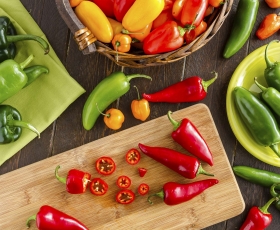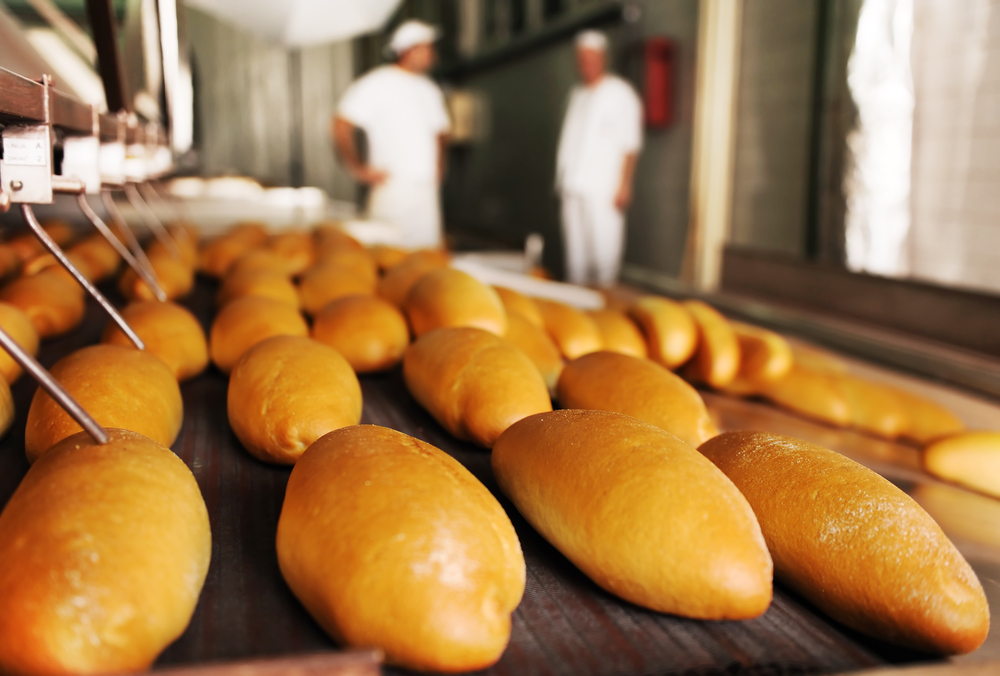In today's diligent consumer landscape, the need for ethically sourced and also sustainable products has actually risen. Private label food manufacturers have actually become trendsetters in this domain, often teaming up with contract food makers to spearhead sustainability and also accountable sourcing campaigns. With a resolute commitment to environmental values, personal label brand names have made it their mission to supply sustainable, high-grade choices to customers.
Private Label Food Manufacturers
Recently, private label food manufacturers, likewise known as own brands or store brands, have actually seen an impressive surge in appeal. These makers generate goods marketed under the logo of a retail store, grocer, or private entity. What collections private-label items apart is their capability to supply affordable prices without endangering on quality.
Agreement Food Manufacturers
Lots of private-label food suppliers sign up with forces with agreement producers to develop their product. Agreement food makers are specialists in generating food for personal tags. This calculated collaboration enables exclusive label business to take advantage of the competence, sources, and also dedicated food production centers of their partners.
Sustainability at the Core
Private label food manufacturers use numerous methods to improve sustainability within their supply networks:
Honest Sourcing:
Exclusive label firms are increasingly devoted to sourcing active ingredients according to honest and also reasonable profession criteria. This requires ensuring that manufacturers and also employees of resources, such as coffee beans, spices, or cacao, get reasonable payment for their initiatives.
Neighborhood Sourcing:
Focusing on neighborhood sourcing of active ingredients is another hallmark of private-label food makers. This not just lowers the carbon impact associated with transport but likewise supports local farmers as well as areas.
Organic Contents:
With the organic food market on the rise, exclusive tags are responding by integrating organic active ingredients right into their product lines. Organic farming methods focus on soil wellness while eschewing artificial chemicals as well as fertilizers.
Lasting Fish and shellfish:
Private Label Food Manufacturers are thorough in ensuring that the fish and shellfish they utilize is sustainably gathered, adhering to guidelines established by companies like the Marine Stewardship Council, which advertises liable angling.
Lowered Food Waste:
Exclusive label companies are actively servicing minimizing food waste by implementing effective manufacturing procedures and creating items with longer shelf lives. Some brand names are likewise partnering with food rescue companies to give away excess food to those in requirement.
Eco-Friendly Product Packaging and Campaigns
Sustainability initiatives by private-label food manufacturers extend beyond sourcing active ingredients to incorporate packaging and also environmentally friendly initiatives:
Sustainable Packaging:
Private label brands have embraced environment-friendly product packaging options, including recyclable, naturally degradable, or compostable products. Upgrading product packaging to lessen excess material and also reduce ecological influence is a leading concern.
Waste Decrease:

To lessen waste, private-label food manufacturers optimize item sizes, reduce excess product packaging, and check out innovative packaging options. Some brands also motivate consumers to participate in reusing programs.
Power Efficiency:
Several private label manufacturers are investing in even more energy-efficient manufacturing plants, reducing water use, and also adopting renewable energy resources to further decrease their environmental impact.
Carbon Neutral Initiatives:
Some private brand name food suppliers are taking enthusiastic steps to attain carbon nonpartisanship by offsetting their greenhouse gas emissions with reforestation jobs and renewable energy credit scores.
Challenges as well as the Road Ahead
Regardless of the substantial strides made in sustainability as well as responsible sourcing, private-label food producers encounter obstacles. Stabilizing sustainability with cost-effectiveness can be a fragile act, often calling for compromises on sustainable active ingredients or the exploration of environment-friendly options.
However, the future of private-label food manufacturing holds great promise. As consumer recognition and also need for lasting items continue to increase, private-label brands and their contract food manufacturing companions are most likely to heighten their initiatives. Collaboration with providers and also investment in sustainable technological advancements and transparency will certainly be crucial in shaping a sustainable future for the sector.
Frequently Asked Concerns
Q1: What are private label food manufacturers?
Private label food manufacturers produce goods sold under the logo design of a store, grocer, or personal entity. They provide competitively valued items without jeopardizing on top quality.
Q2: Just how do private label food manufacturers promote sustainability?
Private label food manufacturers promote sustainability with ethical sourcing, local ingredient procurement, the use of organic components, sustainable fish and shellfish techniques, as well as initiatives to minimize food waste.
Q3: What eco-friendly packaging alternatives do personal label brands use?
Exclusive label brands take on green packaging choices such as recyclable, biodegradable, or compostable materials. They also upgrade product packaging to minimize excess material and also lower ecological influence.
Q4: What tests do private label food manufacturers face in sustainability efforts?
Balancing sustainability with private label food manufacturers cost-effectiveness is a significant difficulty for private label food manufacturers. This may call for concessions on sustainable active ingredients or the exploration of eco-friendly options.
Final thought
Private label food manufacturers go to the forefront of the sustainability and also liable sourcing activity within the food sector. Their commitment to honest sourcing, regional procurement, natural active ingredients, and lasting practices, as well as their dedication to environmentally friendly packaging as well as waste reduction efforts, show their decision to meet the needs of today's eco-conscious consumers.

In spite of the difficulties they deal with, private label food manufacturers are poised for an encouraging future. With consumers progressively focusing on sustainability, the industry is most likely to witness also higher partnership with suppliers, financial investment in lasting technologies, as well as a commitment to openness. As we progress, private label food manufacturers will certainly remain to play an essential duty fit a more sustainable and moral food landscape for all.